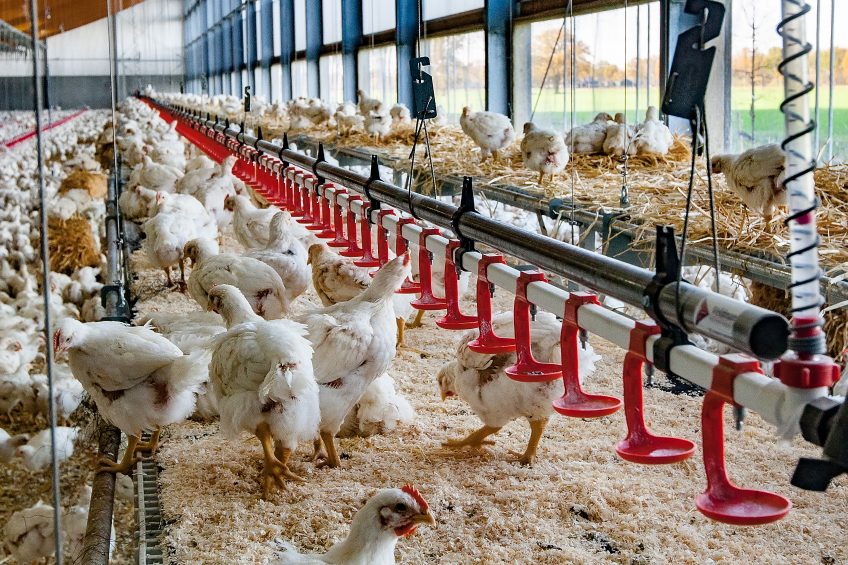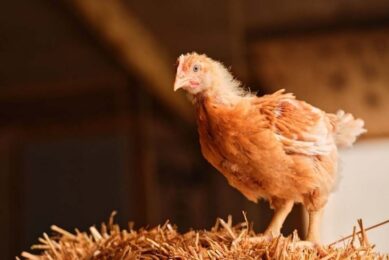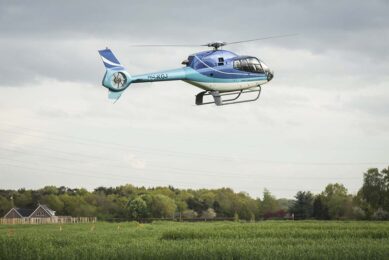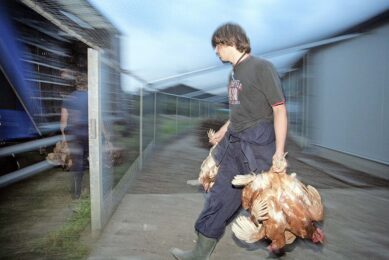What are the implications of slower growing birds?

The decision to move to the production of slower growing chickens needs to be based on science and data and not the emotional rhetoric of activists, this according to the National Chicken Council.
The National Chicken Council has urged consumers, the foodservice, retail industries, and non-governmental organisations to invest in studying the impact in the US of the growing market for “slower growing” broiler chickens.
Slow grown chickens and affordable poultry meat
Environmental implications as well as economic implications will make these birds more expensive and potentially put a considerable percentage of the population at risk and increase food instability for those who can least afford to have changes in food prices.
A study released by the National Chicken Council details the environmental, economic and sustainability implications of raising slower growing chickens, revealing a sharp increase in chicken prices and the use of environmental resources – including water, air, fuel and land. NCC also calls for more research on the health impact of chickens’ growth rates, to ensure that the future of bird health and welfare is grounded in scientific, data-backed research.
Also interesting: Re-learning how to grow broilers
Chicken welfare and growth rates
“The National Chicken Council and its members remain committed to chicken welfare, continuous improvement and respecting consumer choice – including the growing market for a slower growing bird,” said Ashley Peterson, Ph.D., NCC senior vice president of scientific and regulatory affairs. “However, these improvements must be dictated by science and data – not activists’ emotional rhetoric – which is why we support further research on the topic of chicken welfare and growth rates.”
Environmental Implications
In assessing a transition to a slower growing breed, the environmental impact is an important component often left out of the equation. If only 1/3 of broiler chicken producers switched to a slower growing breed, nearly 1.5 billion more birds would be needed annually to produce the same amount of meat currently produced – requiring a tremendous increase in water, land and fuel consumption.
- Additional feed needed – enough to fill 670,000 additional tractor trailers on the road per year, using millions more gallons of fuel annually.
- Additional land needed – the additional land needed to grow the feed (corn and soybeans) would be 7.6 million acres/year, or roughly the size of the entire state of Maryland.
- Additional manure output – Slower growing chickens will also stay on the farm longer, producing 28.5 billion additional pounds of manure annually. That’s enough litter to create a pile on a football field that is 27 times higher than a typical NFL stadium.
- Additional water needed – 1 billion additional gallons of water per year for the chickens to drink (excluding additional irrigation water that would be required to grow the additional feed).
Economic Implications
If the industry did not produce the additional 1.5 billion birds to meet current demand, the supply of chicken would significantly reduce to 27.5 billion less chicken meals per year. The additional cost of even 1/3 of the industry switching to slower growing birds would be US$9 billion (€8.43 billion), which could have a notable financial impact on foodservice companies, retailers, restaurants and ultimately – consumers. This will put a considerable percentage of the population at risk and increase food instability for those who can least afford to have changes in food prices.
A reduction in the US chicken supply would also result in a decreased supply to export internationally where US chicken is an important protein for families in Mexico, Cuba, Africa and 100 other countries.
Join 31,000+ subscribers
Subscribe to our newsletter to stay updated about all the need-to-know content in the poultry sector, three times a week. Beheer
Beheer








 WP Admin
WP Admin  Bewerk bericht
Bewerk bericht